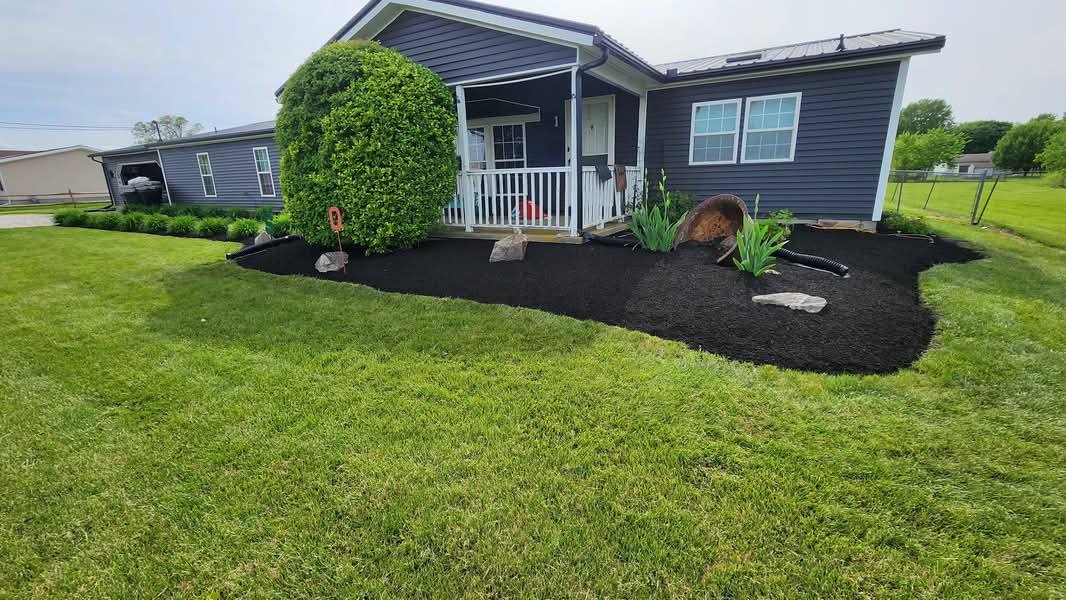
Eco-Friendly Landscaping: Sustainable Practices for a Greener Lawn Sep 19, 2025
The journey toward a greener lawn begins with choosing the right plants. Opt for native plants instead of exotic species. Native flora is naturally adapted to the local climate and soil conditions, requiring less water and maintenance. This reduces the need for chemical fertilizers and pesticides, promoting a healthier ecosystem. By planting native plants, you not only support local wildlife but also conserve resources, making your landscaping efforts more sustainable.
Water conservation is another critical component of eco-friendly landscaping. The traditional approach to lawn care often involves extensive watering, but there are more sustainable alternatives. Implementing an efficient irrigation system, such as drip or soaker hoses, minimizes water waste. Additionally, consider installing a rainwater harvesting system to capture rain, providing a renewable source of water for your garden. Scheduling watering sessions during cooler parts of the day, such as early morning or late evening, reduces evaporation and maximizes water efficiency.
Incorporating elements that enhance biodiversity is another effective way to practice sustainable landscaping. Designing your landscape to attract beneficial insects and pollinators, like butterflies and bees, fosters a more balanced ecosystem. This can be achieved by planting a variety of flowering plants and incorporating features like birdbaths or bee hotels. A diverse landscape not only enriches the visual appeal of your garden but also contributes to the health of the broader environment.
Reducing chemical use in lawn care is essential for sustainability. Chemical fertilizers and pesticides can harm beneficial organisms and leach into groundwater, causing environmental damage. Composting is an excellent alternative to chemical fertilizers. By recycling organic waste from your kitchen and garden, you create a nutrient-rich soil amendment that enhances soil health and reduces waste. Implement natural pest control strategies, such as encouraging natural predators and using organic pest repellents, to keep harmful insects at bay without resorting to chemicals.
Mulching is another practical technique that supports sustainable landscaping. Organic mulch, such as wood chips, grass clippings, or fallen leaves, enriches the soil as it decomposes. Mulch helps retain soil moisture, reduces the need for frequent watering, and suppresses weed growth naturally. By covering garden beds with mulch, you enhance the resilience of your plants and promote a healthier, more sustainable garden environment.
In conclusion, transitioning to eco-friendly landscaping practices is not just a trend but a responsible choice that benefits both our gardens and the planet. By selecting native plants, conserving water, promoting biodiversity, reducing chemical use, and incorporating mulch, you can create a beautiful outdoor space that thrives sustainably. Knapps Landscaping and Lawn Care is committed to guiding you through this transformation, helping you cultivate a greener, more resilient lawn. Embrace these eco-friendly strategies and become an active participant in preserving the planet for future generations. Your sustainable landscaping efforts will not only transform your garden but also contribute to a healthier, greener world.
/filters:no_upscale()/media/50150d27-2020-4c56-b57f-20785522ed53.jpeg)
/filters:no_upscale()/filters:format(webp)/media/d50733f4-ede8-47cc-aed0-8f624ab60fcc.jpeg)